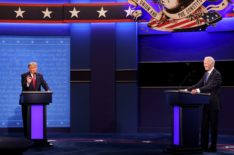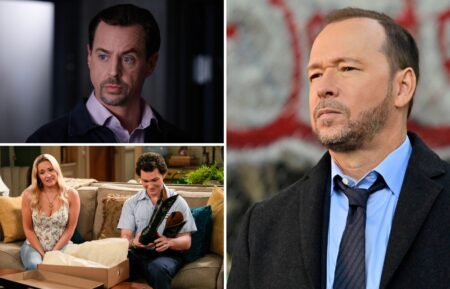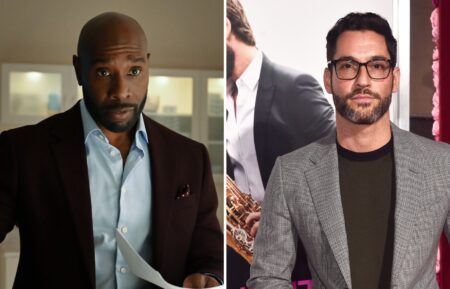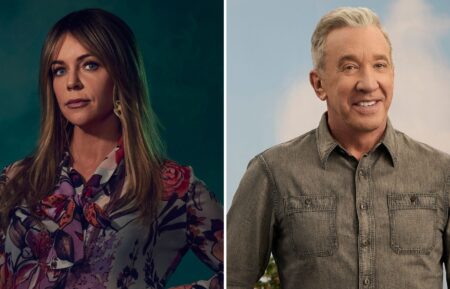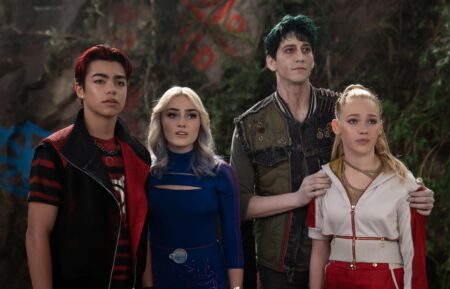Chuck Todd on Why You Should Watch NBC News’ Election Night Coverage
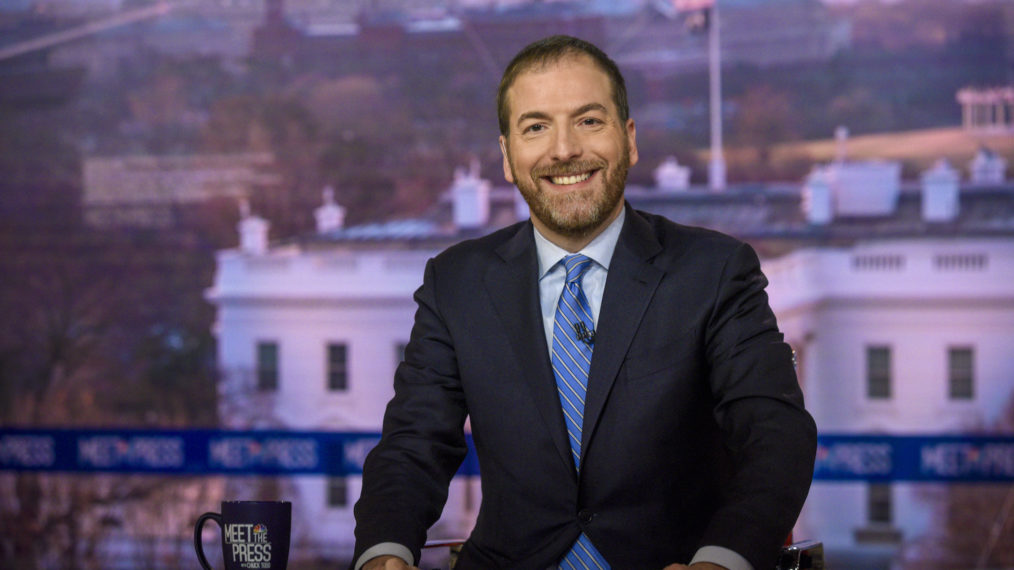
Q&A
NBC News is going to have you covered all night on November 3 as you wait to find out the results of the presidential election.
Starting at 7/6c on Election Night, NBC Nightly News anchor Lester Holt, TODAY co-anchor and NBC News chief legal correspondent Savannah Guthrie, Meet the Press moderator, MSNBC’s MTP Daily host, and NBC News political director Chuck Todd, and NBC News chief foreign affairs correspondent and senior Washington correspondent Andrea Mitchell will anchor rolling coverage from New York. They’ll go as long as the race continues to unfold, through at least 4 a.m. (ET), with Kate Snow joining in at 2 a.m.
Here, Todd shares what to expect from NBC News’ coverage.
What have you noticed about the differences in election coverage this year and balancing it in terms of the coronavirus pandemic? You can’t talk about one without the other.
Chuck Todd: It’s been the biggest challenge in our coverage a little bit. I feel the pull all the time. I can’t tell you how many days — whether it’s putting together a daily show, putting together the Sunday show — where I’m sitting there going, “Yeah, but COVID. Yeah, but COVID.” It’s the dominating part of this. In some ways, they’re inextricably linked, and so you shouldn’t try to disaggregate them.
The virus is having a huge impact, not just on the administration of the election, but it’s going to have a huge impact on how people perceive the government, how people perceive certain elected officials, how people perceive which way they should vote, so I just think it’s impossible to disaggregate it. This is the pandemic presidential election, period. Right? It always will be. And I think this is the world that we are having to navigate, and so I think it’s useless to try to pretend, “OK, let’s set the virus aside a minute and focus on the campaign.” You just can’t, right? It’s impossible. It’s been an enormous challenge for everybody, for those of us that cover it, and the biggest challenge is for the voters themselves.
How will NBC News be covering Election Night? What are you aiming to bring that people won’t get anywhere else?
What we do really well is, I think, we know data, and I think we know political data better than anybody. We’ve done it this way, we’ve got an amazing group of data scientists in our election bullpen that helps us call these races and model these races, so I feel good about that. I’ve always felt good about our political polling. I think our political team is as good as there is. It’s been something we’ve always felt like we should have an emphasis on, internally at network, that’s number one. There’s a history at NBC that others here like to remind me of, “don’t ever lose that,” or we’ve always been that Election Night type of place.
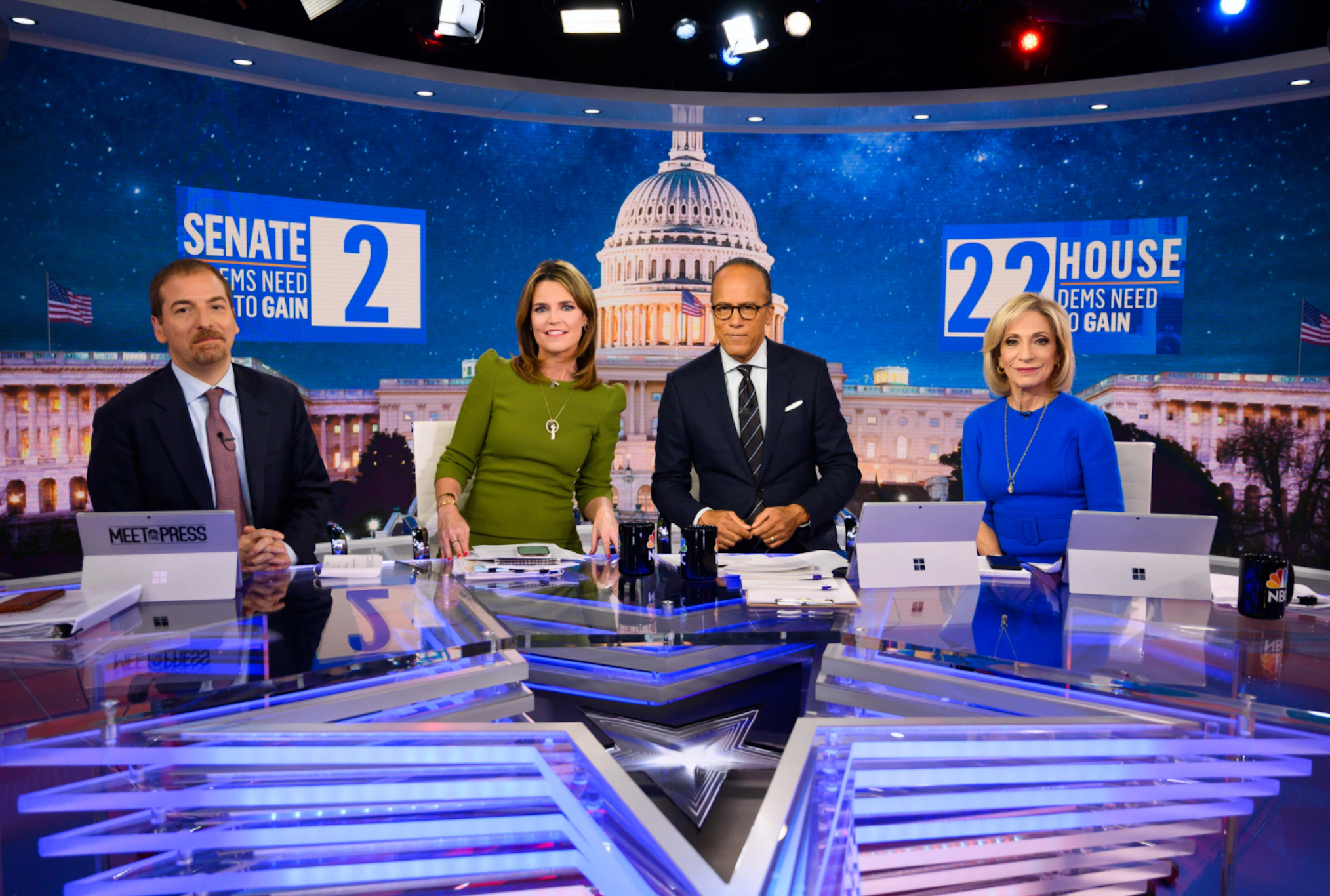
Chuck Todd, Lester Holt, Savannah Guthrie and Andrea Mitchell on 2018’s Midterm Election night (NBC News)
But look, what I think we’ll be able to do Election Night, some of the crucial states will report results in a timely fashion. North Carolina, Florida, Ohio, Georgia, even Arizona, these are states that are going to be crucial to figuring out who’s president. And while Pennsylvania, Wisconsin and Michigan, that’s a mess, maybe that is an election administration mess, it’s not as if there isn’t going to be other states that are going to be reporting, that are going to provide plenty of clues as to which way the winds are blowing. And so I do think because of the states that do a good job of processing their early vote, counting that absentee ballot vote, having it ready by Election Night — Florida and North Carolina have a history of doing this — I have high confidence that we’re going to know if we can call those states, meaning if the margin is more than two points and that we’re going to have 95 percent of that vote in by 3 a.m. Maybe we don’t know who wins Michigan, Pennsylvania, Wisconsin, but we may know who won the presidency.
Speaking of that, are you finding it even harder to predict in 2020 than previous years how Election Night’s going to go?
I think the good lesson of 2016 should be don’t ever predict an Election Night. If I could ban all exit polls, I’d do that too. Let the voters tell us what they did, let’s not hurry up and get the answer. We always want to hurry up and go to the answer key. Let’s count the vote. Let’s see what happened. I don’t mind watching in real time. I enjoy it.
What I’d like to think — that’s one of the things we keep talking about — we’re going to tell you what’s happening as we see it. We’re not going to sit here and speculate what might happen. And I do think that is something you cannot afford to be doing, particularly this election, because we don’t know some things. Wait ’til they happen. Let’s see it in real time, and I think there’s nervousness about, this could happen in Pennsylvania or this could happen in Michigan or this could happen with the vote count here. Let’s cover the story as it unfolds, let’s not cover a story that doesn’t exist yet.
What have you noticed about 2020 coverage that’s different, not just in terms of what we’re getting from NBC but also in general? Have you and your co-anchors made any adjustments as a result?
We’ve made real adjustments in our polling, in the addition of more people, and all that, but what I have noticed is that there is a lot less — and I think this is a good thing in general — reporting that’s grounded only in polls. The coverage of the election, if you’re going to do it through polls, you’re better off doing it through trends, demographics, than just trying to cover it via the horse race, so I think the reporting in that sense has been smarter and less horse race-y, if you will.
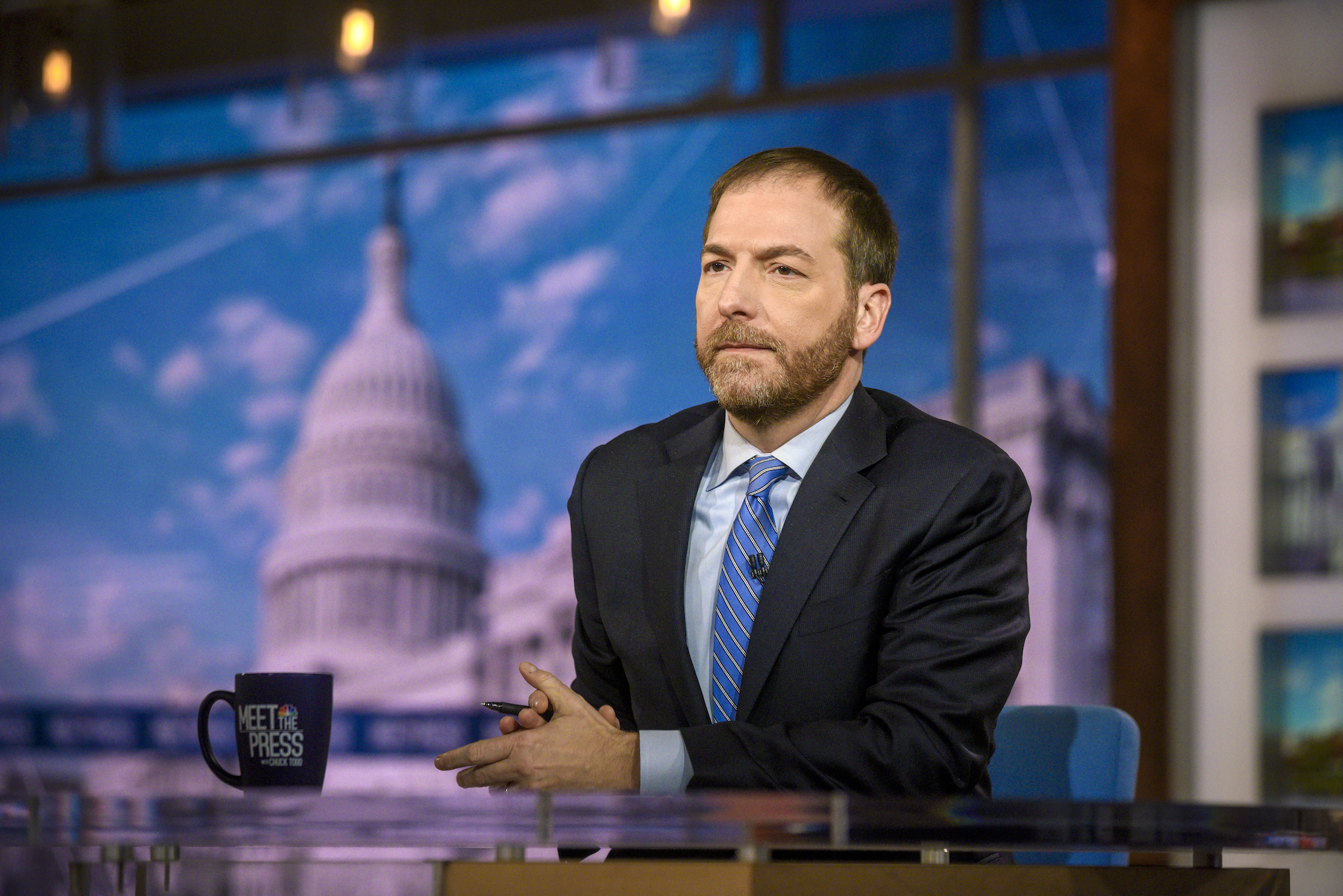
(William B. Plowman/NBC)
But what I’ve also noticed is there’s just a lot more gun-shy reporters, which is also a good thing, not trying to presume they know what’s going to happen. I think 2016 served as a really good reminder that no matter how much you think you know which way something’s going to happen, upsets happen. It just happens, and you have to know what to look for, you have to know what you missed, you have to do an after-action report. In that sense, I think you see more people are being careful. Just because they see one poll that shows a blowout, well, why does that poll show a blowout? Is there any congressional district polling that maybe will either counterbalance this or reinforce this belief? What I’ve noticed in general is that I would say the political reporting world has gotten better about double-checking, and that’s a good outcome post-2016.
Looking back at your career, what would you say has changed the most about elections’ coverage since you first started reporting on them? What would have surprised you most back then about what’s going on now?
The biggest change that I’ve seen is the incorporation of data. Data and the coverage of politics has now been fused together. And now some might say there’s too much coverage to data and not enough coverage of maybe policy proposals. I think that’s still a fair critique, but I would say the biggest change over the 25-year period that I’ve been covering American politics — and I’ve always been in the data world, when I ran The Hotline, we were the data geeks before people knew that was a cool thing to be — is just how much more mainstream that is and how much more infused in the coverage. And I do think it’s made for smarter coverage overall. I do think it’s a more sophisticated audience than ever that understands these demographic changes and what’s happening. In that sense, that’s been good. But I would say if there is a downside to that it’s been probably we haven’t seen more sophisticated coverage of policy.
NBC News “Decision 2020,” Tuesday, November 3, 7/6c, NBC


